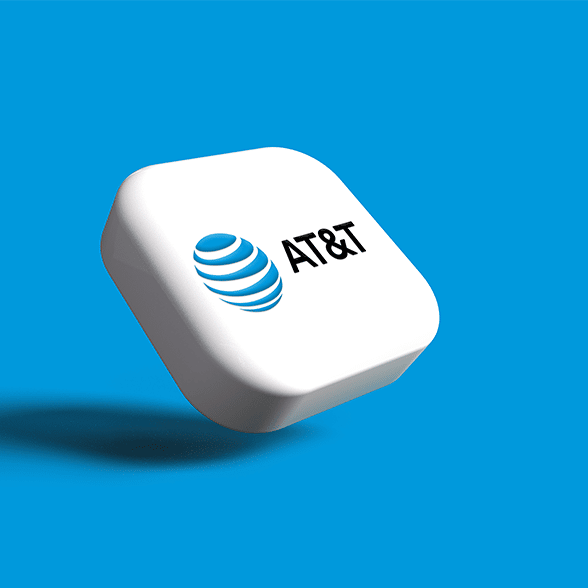 CenturyLink is conducting or planning to conduct several interesting technology and market trials including an over-the-top video trial targeted for the fourth quarter of this year, according to CenturyLink Chief Financial Officer Stewart Ewing.
CenturyLink is conducting or planning to conduct several interesting technology and market trials including an over-the-top video trial targeted for the fourth quarter of this year, according to CenturyLink Chief Financial Officer Stewart Ewing.
The trial OTT offering is expected to sell for between $20 and $30 a month, Ewing told investors in a question-and-answer session at the Oppenheimer Technology, Internet and Communications Conference on Wednesday. “We could sell [it] where we have high-speed Internet” supporting speeds of between 10 Mbps and 15 Mbps, Ewing said. He also noted that the company is considering offering the service outside its own high-speed broadband footprint but where a competitor offers a broadband service sufficiently fast to support the offering.
CenturyLink will be joining a growing list of broadband providers trialing or launching OTT video offerings, including AT&T, Verizon and others.
High-Speed Copper Trials
Also on tap for CenturyLink is a trial of vectoring and bonding in Salt Lake City. Using the technology, Ewing said, “We hope to get 100 Mbps to a good part of Salt Lake City.” The company already offers gigabit service in parts of Salt Lake City using fiber-to-the-home technology and in some markets where it offers that technology, the company has experienced what Ewing called a “halo effect.”
In Omaha, for example, Ewing said offering gigabit service generated inquiries to CenturyLink that in some cases yielded new customers for sub-gigabit but still fairly high-speed 40 Mbps or 80 Mbps service. The company hopes to achieve similar results in Salt Lake City with 100 Mbps service – and if the trial is successful, Ewing said CenturyLink would expand the use of vectoring and bonding more broadly.
New Trenching Method
A third CenturyLink involves a new method of trenching for fiber installations that the company is testing in Seattle and Minnesota. This approach involves cutting a shallower than usual trench in the edge of a roadbed, deploying conduit and using a polymer seal – and would reduce fiber installation costs.
“If it holds through the winter and we don’t see degradation, we can start” deploying it more broadly, Ewing said.


